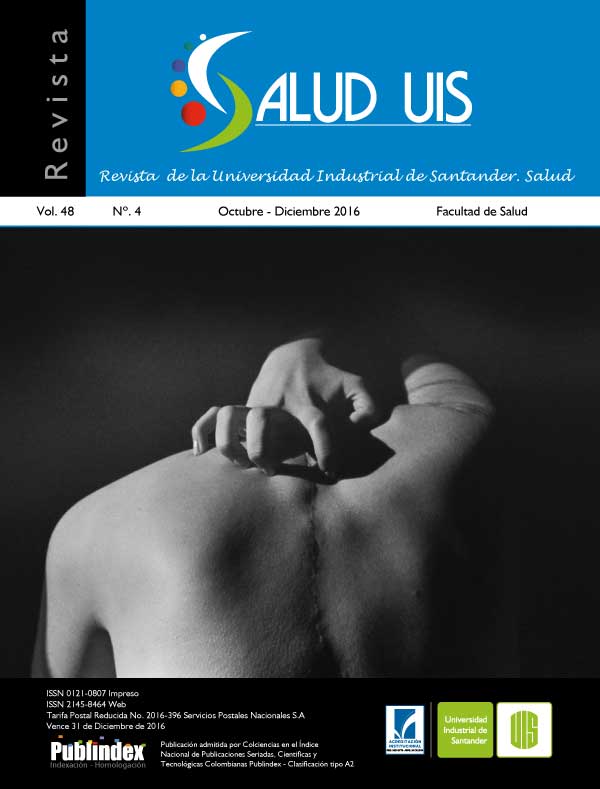Abstract
Introduction: Emotional intelligence has been shown to have relationships with academic performance and work, however, the psychometric properties of scales used for measurement have been poorly analyzed in Latin American cultures, such as Trait Emotional Intelligence Questionnaire Short Form (TEIQue-SF for its acronym in English). Objectives: To analyze the reliability of its factors and facets, examine its factorial structure and determine concurrent validity. Methodology: Analytical observational study based on a sample guided by participants composed of students from a Mexican university (N = 155). Reliability was determined with Cronbach’s alpha and omega coefficient, the factor structure and validity through exploratory and confirmatory factor analyzes, and concurrent validity having criterion positive affect and negative affect scales PANAS. Results: Were obtained generally reduced reliability indices for the factors of the original scale (Cronbach’s alpha between .32 to 8.2; omega coefficient between .16 to .83), and its original structure could not be verified in the confirmatory factor analysis (X2=768.47, df=390 and p=.0000, CFI=.65, RMSEA=.008, 90% CI=.071-.087). Exploratory factor analyzes also did not sustain construct validity, by obtaining a structure in which mixed together items of different factors and facets. The concurrent validity of both the original scale and obtained with the new factors seemed weak to get some significant correlations with both negative affect as positive affect (r between -.04 and .21). Conclusions: The scale did not show adequate psychometric properties in the participant sample, and more studies are needed to substantiate these findings, stressing that it is important to publish negative results in these cases.

This work is licensed under a Creative Commons Attribution 4.0 International License.
Copyright (c) 2022 Javier Neri-Uribe, Arturo Juárez-García
